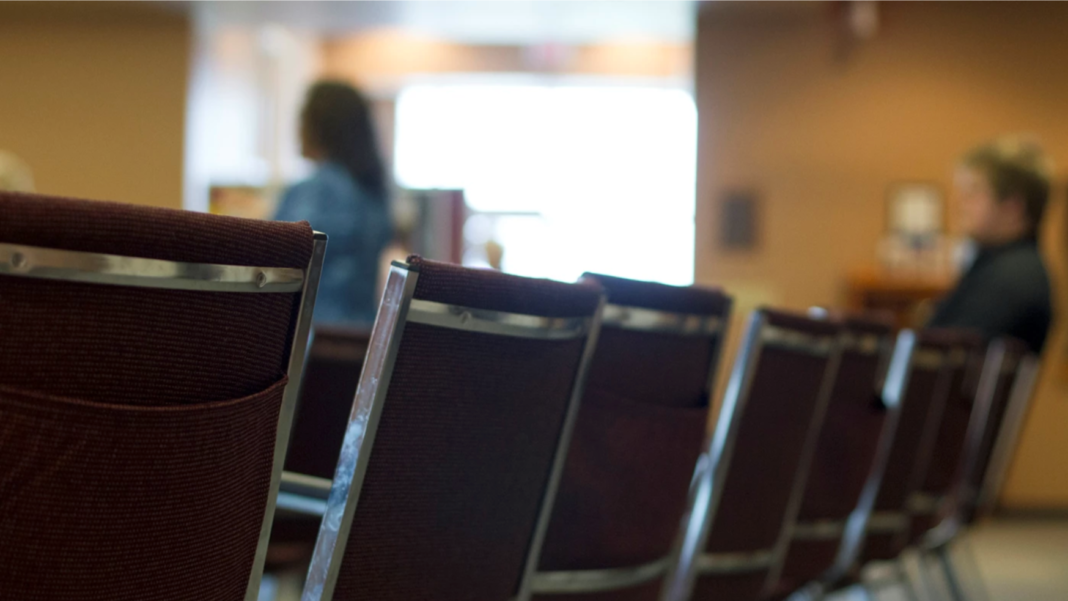Churches that suspended in-person gatherings during the pandemic have pledged not to welcome their congregations back until they’re sure they can be safe. While the risk of coronavirus spread is a major concern right now, LifeWay Christian Resources is urging leaders to use their reopening plans as a chance to also revisit their policies to prevent sexual abuse.
Most pastors see their churches as safe places that protect against abuse and offer healing to victims, but protocols vary by congregation.
At the Family Empowerment Center, a church in Chicago’s Rogers Park neighborhood, pastors, and staff are trained to pay attention to new faces. During one Sunday gathering before the pandemic, they noticed a visitor intently watching children in the congregation. They met him, learned his name, and later found him listed on a sex offender registry. His Facebook page also turned up unsettling posts about children.
What can sex offenders expect at your church?
 The church had a plan in place for cases like his, developed based on conversations with the local alderman, police officials, and other church leaders. Tony Silker, an associate pastor at the Christian and Missionary Alliance congregation, had a conversation with the man on his next visit, explaining what they found. Silker said he could not return; if he did, the staff would call the police.
The church had a plan in place for cases like his, developed based on conversations with the local alderman, police officials, and other church leaders. Tony Silker, an associate pastor at the Christian and Missionary Alliance congregation, had a conversation with the man on his next visit, explaining what they found. Silker said he could not return; if he did, the staff would call the police.
Silker gave the man information about another church in the neighborhood that ministers to people struggling with sexual addiction and urged him to get the support he needed.
The staff at Family Empowerment Center are trained to interact with registered sex offenders because they expect sex offenders to enter their church. The church works with the homeless and other vulnerable populations in the high-crime crevices of …
News brought to you by Christianity Today




